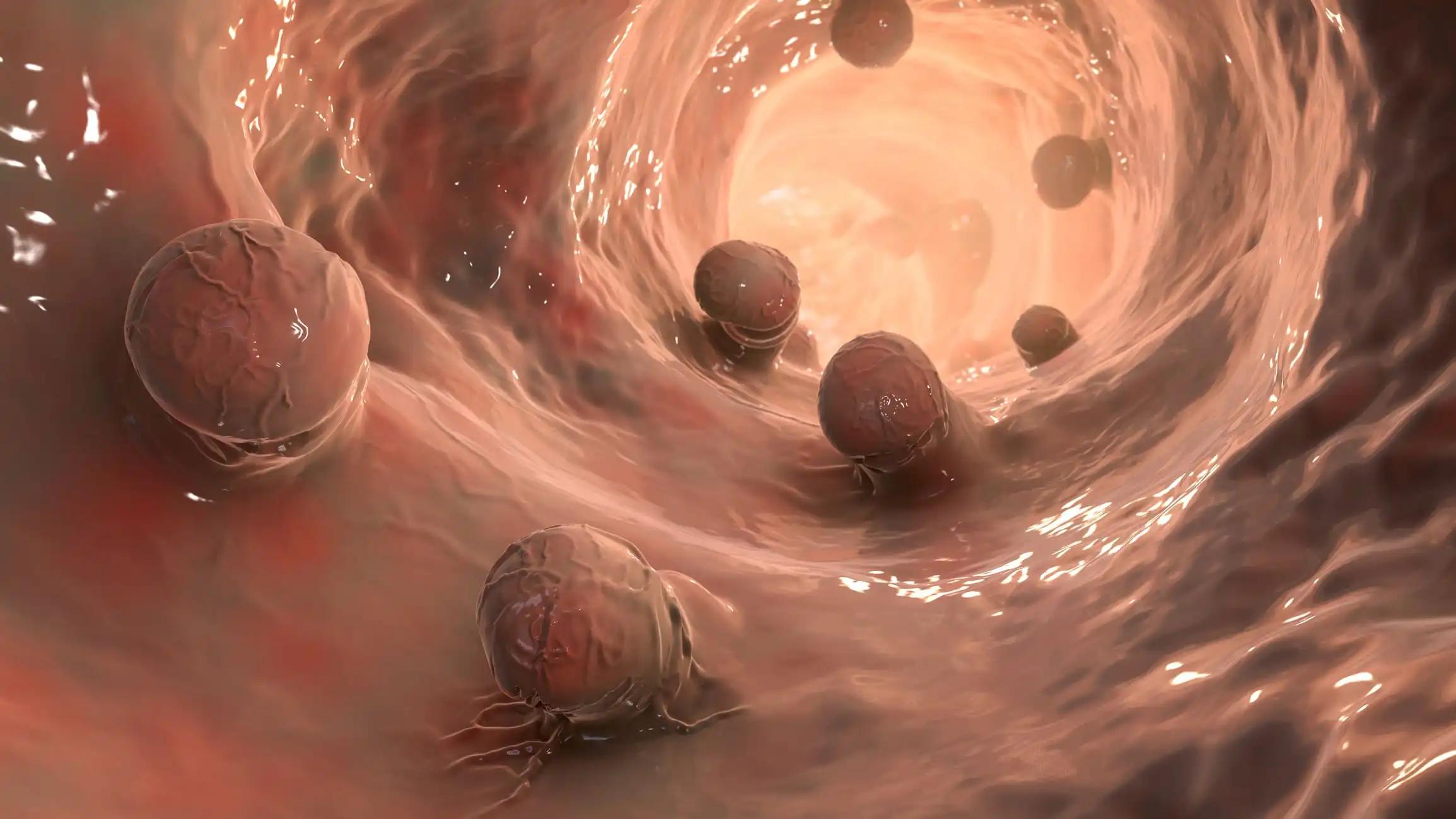KEY TAKEAWAYS
- The study aimed to investigate the efficacy of a self-monitoring intervention utilizing a UCC during neoadjuvant chemoradiation for esophageal cancer patients.
- Researchers noticed no beneficial effect on self-efficacy or dehydration markers with UCC on esophageal cancer patients; warrants further investigation.
Patients undergoing neoadjuvant chemoradiation for esophageal cancer often face dehydration challenges attributed to reduced fluid intake and increased losses. Despite regular clinical visits, instances of dehydration persist, emphasizing the crucial need for heightened patient awareness and engagement in managing adverse events at home. Recognizing the potential benefits of self-monitoring, Beatrice Preti and her team aimed to motivate patients to actively participate in their care actively, thereby enhancing their overall treatment experience.
They performed an inclusive analysis of a randomized single-center study evaluating the efficacy of a urine color self-monitoring card (UCC) compared with standard dietitian counseling during chemoradiation therapy for esophageal cancer. The primary outcome assessed was self-efficacy, measured using the Self-Management Resource Centre Self-Efficacy for Managing Chronic Disease Scale (SMCD). Secondary outcomes encompass Burge thirst scores, Edmonton Symptom Assessment System scores (ESAS), patient-initiated hydrations, creatinine rise, and overall satisfaction with the utilization of the UCC.
About 35 patients were randomized for the study. Utilization of the UCC did not exhibit any association with enhanced SMCD or ESAS compared to the outcomes associated with standard counseling. However, the patients provided high ratings for the UCC, considering it a valuable and welcome tool for self-monitoring during the study.
The study concluded that using the UCC did not demonstrate a beneficial effect on self-efficacy or dehydration markers in patients undergoing neoadjuvant chemoradiation for esophageal cancer. Identified hindrances included unexpected symptom severity, reduced urine color sensitivity due to chemotherapy, lack of active healthcare team inquiry, and inconvenient card placement. While urging further investigation, the study underscores the need for enhanced self-care through active healthcare provider involvement, improved card accessibility, and the potential incorporation of home vital checks to enhance sensitivity in the clinical context.
No funding was provided for the study.
Source: https://pubmed.ncbi.nlm.nih.gov/38216293/
Preti B, Wang C, Dindial N, et al (2024). Assessment of urine colour using a wallet card: a randomised study of a novel patient self-care tool during chemoradiation for oesophageal cancer. BMJ Open Qual. 2024 Jan 12;13(1):e002439. doi: 10.1136/bmjoq-2023-002439. PMID: 38216293; PMCID: PMC10806581.



